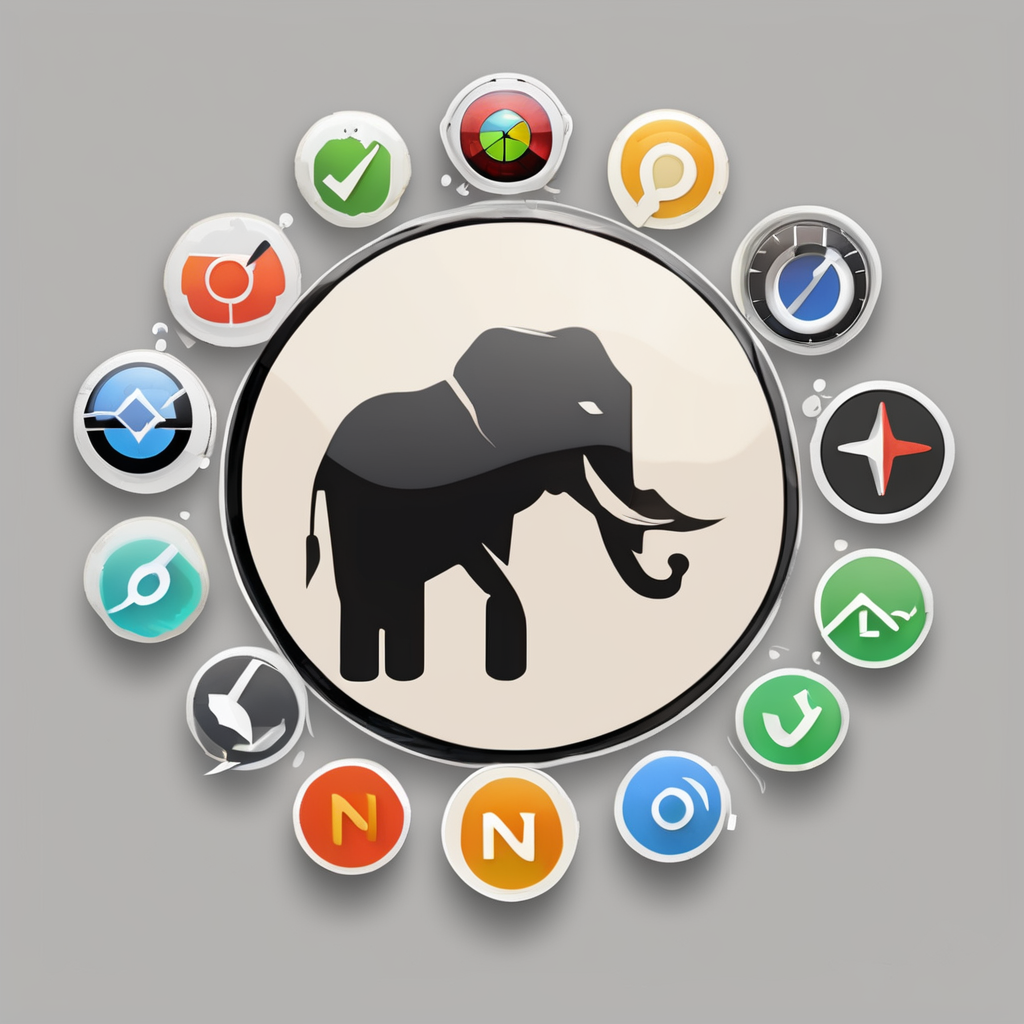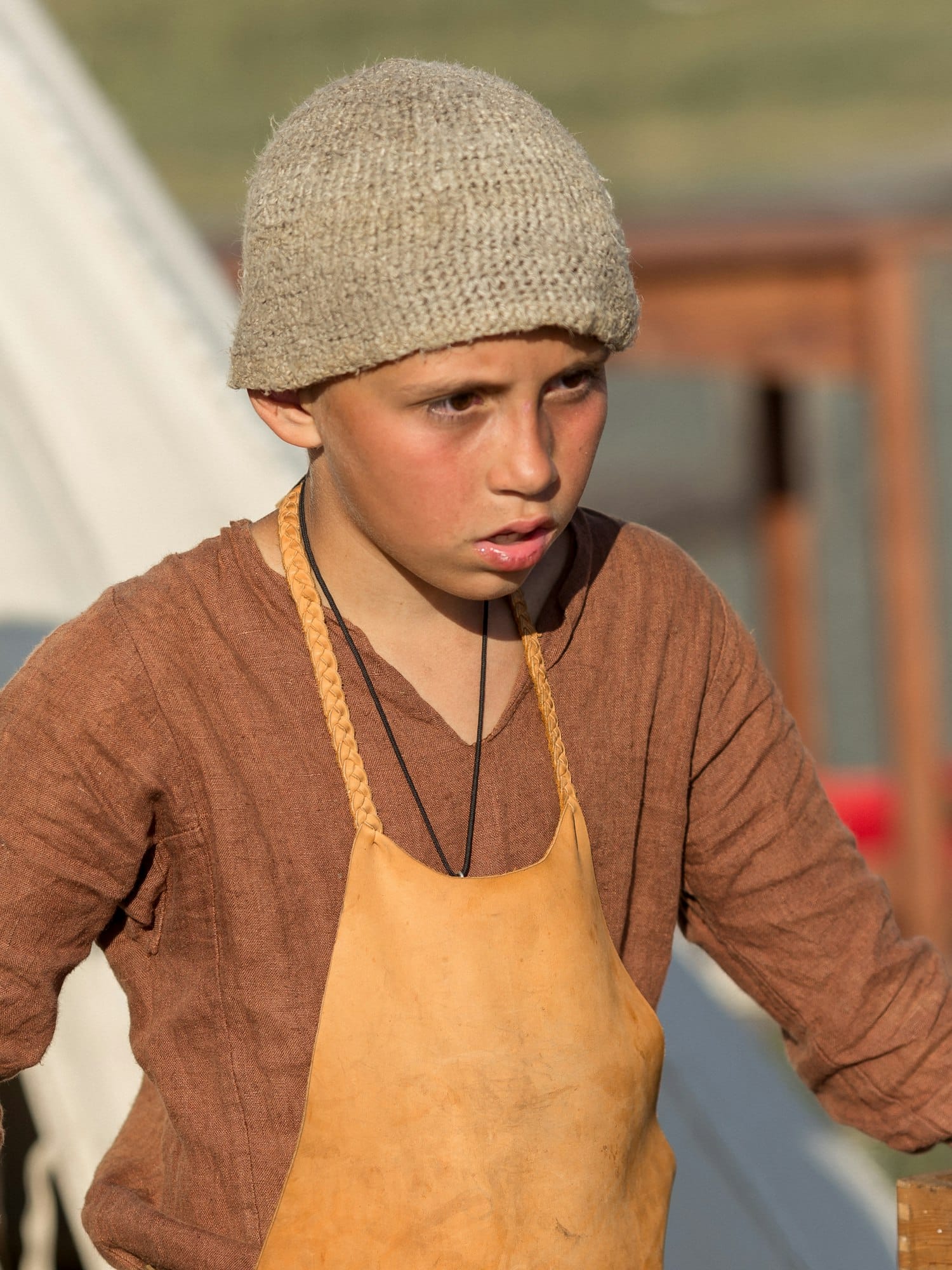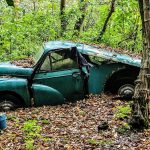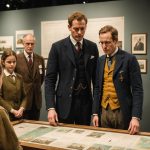British folk music resonates with rich history and heartfelt storytelling. Engaging workshops offer visitors a chance to experience the genre's essence firsthand. Participants can learn traditional songs, explore instruments, and connect with skilled artisans who breathe life into these age-old melodies. This immersive approach fosters a deeper appreciation for the cultural heritage that shapes contemporary music. Discover how these unique experiences can sing to your soul and create lasting memories.
Overview of British Folk Music
British folk music holds a significant cultural significance, deeply rooted in the nation's history and traditions. Emerging from the oral traditions of storytelling, it has evolved over centuries, reflecting the social and historical changes within the UK. Initially, these songs served as a means to pass down stories, customs, and historical events, often with a focus on local legends and folklore.
Have you seen this : How can tourists find guided tours focusing on the history of British espionage during World War II?
The history of British folk music is rich, with influences from Celtic, Anglo-Saxon, and Norse cultures, among others. This diverse background has contributed to a wide variety of styles and themes, making it a vibrant and eclectic genre. Over time, British folk music has adapted to incorporate elements from other musical traditions, leading to a unique blend that continues to evolve.
In terms of its cultural significance, folk music in Britain is more than just entertainment; it is a vital part of the country's heritage. It has played a crucial role in preserving the language and stories of the past, acting as a bridge between generations. The key characteristics that define British folk music include its narrative nature, the use of traditional instruments like the fiddle and accordion, and its communal aspect, often performed at gatherings and festivals.
Also to read : Which UK towns offer the most engaging historical walking tours on the Industrial Revolution?
Engaging Workshops Overview
Folk music workshops offer a variety of immersive experiences catering to different skill levels, from beginners to seasoned musicians. These workshops are designed to provide participants with a deep dive into the world of British folk music, allowing them to engage actively with the genre.
Types of Workshops
Workshops are available for various skill levels, ensuring that everyone can find a suitable class. Beginners can learn the basics of traditional instruments like the fiddle or accordion, while advanced musicians might explore complex techniques and compositions. Some workshops focus on specific aspects such as vocal techniques or songwriting within the folk tradition.
Immersive Experience
The immersive experiences offered in these workshops are a key attraction. Participants often engage in hands-on learning, guided by experienced musicians. This approach not only enhances musical skills but also deepens the understanding of the cultural and historical context of folk music.
Benefits of Participation
Engaging in folk music workshops provides numerous benefits. Participants gain practical skills and build confidence in performing. Moreover, these workshops foster a sense of community, connecting individuals who share a passion for folk music. This communal aspect enhances the overall experience, making it both educational and enjoyable.
Notable Workshop Locations
British folk music venues serve as vibrant cultural hubs, offering workshops that connect enthusiasts with the rich tapestry of the genre. These locations are not only educational spaces but also integral to preserving and celebrating folk traditions.
Prominent Venues for Folk Music Workshops
-
Cecil Sharp House in London is renowned for its extensive folk music resources and welcoming atmosphere. It hosts a variety of workshops, catering to different skill levels and interests.
-
The Sage Gateshead in Newcastle offers a modern setting with state-of-the-art facilities. Its workshops are known for blending traditional and contemporary folk elements.
-
The Met in Bury is celebrated for its intimate environment, providing personalised attention in its sessions. It often features local folk musicians as instructors.
Unique Features and Accessibility
Each of these cultural hubs provides unique features, from historical settings to modern amenities, enhancing the learning experience. Accessibility is a priority, with venues typically offering accommodations for individuals with disabilities. Public transport links and nearby accommodations make these workshop locations convenient for both local and international visitors. This ensures that everyone can partake in the enriching experience of British folk music workshops.
Workshop Scheduling and Pricing
Understanding the workshop schedules and pricing details is crucial for planning your participation in British folk music workshops. These workshops are typically scheduled throughout the year, offering flexibility for participants to join at their convenience. Seasonal workshops might correspond with festivals or cultural events, providing an enriched experience.
In terms of pricing details, workshops often have a tiered structure, catering to various budgets. Fees can vary based on the length and intensity of the workshop. Some venues offer discounts for early bookings or group registrations, making it more accessible for larger groups or families. It's wise to check for any available offers or concessions, especially for students or seniors.
To secure a spot, booking information is generally available on the venue's website or by contacting the organisers directly. Early registration is recommended as popular workshops tend to fill up quickly. Some venues offer online booking systems, streamlining the process and ensuring a hassle-free experience. By understanding the scheduling and pricing structure, participants can make informed decisions and fully immerse themselves in the vibrant world of British folk music.
Profiles of Instructors
Understanding the backgrounds of notable folk music instructors can significantly enhance your workshop experience. These instructors bring a wealth of knowledge and passion to their teaching, having honed their skills over years of practice and performance. Many have roots in the traditional music scene, often learning from previous generations and contributing to the genre's evolution.
The teaching styles and approaches of different instructors vary, offering unique experiences. Some focus on a more structured method, guiding participants through the technical aspects of playing traditional instruments. Others adopt a more relaxed, narrative-driven approach, immersing students in the stories and cultural contexts behind the music. This diversity ensures that every participant can find a style that resonates with them.
Testimonials from past workshop participants highlight the impact of these expert profiles. Many describe transformative experiences, noting how the instructors' expertise and enthusiasm inspired them to deepen their engagement with folk music. Participants often praise the personal attention and encouragement received, which fosters a supportive learning environment. This feedback underscores the importance of choosing workshops led by skilled and passionate instructors, ensuring a rewarding and enriching journey into the world of British folk music.
Cultural Insights and Related Activities
British folk music is more than just melodies and lyrics; it's a living culture that offers a window into the nation's soul. Understanding the broader folk music culture involves exploring its roots in community storytelling and its role in social gatherings. This genre is celebrated not only for its musicality but also for its ability to bring people together, fostering a sense of belonging and shared heritage.
Visitors can immerse themselves in this vibrant culture through various related experiences beyond workshops. These include attending local festivals, participating in ceilidhs (traditional dances), and visiting folk clubs where live performances create a lively atmosphere. Such events provide an authentic taste of the folk music culture, allowing participants to engage with the music and its community.
Community events play a crucial role in celebrating folk music. Annual festivals, like the Cambridge Folk Festival, showcase a diverse array of performances, workshops, and activities. These gatherings highlight the communal aspect of folk music, offering a platform for both established and emerging artists. By participating in these events, visitors can deepen their appreciation for the genre and connect with others who share their passion for British folk music.
Visitor Testimonials and Experiences
Visitor feedback provides invaluable insights into the impact and allure of British folk music workshops. Participants often share their workshop experiences, describing them as transformative and enriching.
Many attendees highlight the welcoming environment and the sense of community fostered during these workshops. One participant mentioned how the sessions helped them connect with the cultural roots of folk music, gaining a deeper appreciation for its historical and social significance. Another shared that the hands-on approach allowed them to learn traditional instruments more effectively, enhancing their musical skills significantly.
Participant stories often reveal memorable moments, such as impromptu jam sessions and collaborative performances. These experiences not only enhance musical proficiency but also build lasting friendships among attendees. A frequent comment is the joy of playing alongside seasoned musicians, which boosts confidence and inspires creativity.
The workshops' impact on participants' understanding of folk music is profound. Many express newfound respect for the genre's narrative nature and its role in preserving cultural heritage. This deeper insight into folk music's essence often motivates participants to continue exploring and engaging with the genre, ensuring its traditions are cherished and passed on to future generations.











